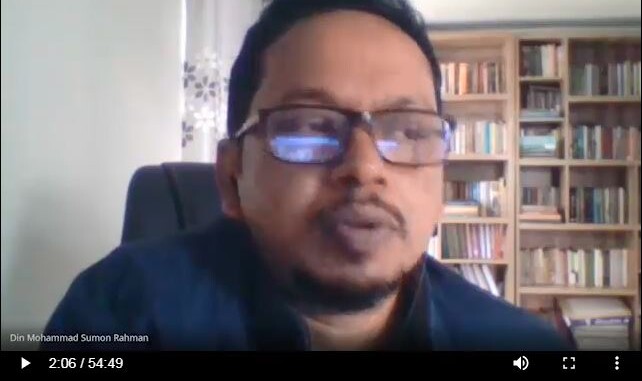
Bangladesh’s Internet and social media environment are often riddled with various forms of hate content or narratives. Without much knowledge, understanding and the tool to verify whether a content is false, fake or hate-filled, many even unknowingly share or subscribe to such content. While the wildfire of misinformation, disinformation, conspiracy theories, fake news, rumors etc. continue to thrive in the online environment, some initiatives such as, FactWatch in Bangladesh, aims to extinguish that fire by verifying content, arranging fact checks and debunking false information. We sat down with Dr. Sumon Rahman, Professor, Media Studies and Journalism, University of Liberal Arts in Bangladesh, who as a founding editor of FactWatch has led the initiative from the very beginning and experienced its growth and relevance in the most recent times of Bangladesh. What started as a student project in the University has now become a member of award winning International Fact-Checking Network (IFCN) and an official third party fact checker of Facebook – one of the most widely used social media platforms in Bangladesh. Sumon also talked about the process and the methodologies of fact checking, how they address hate content at Facebook and other mediums, what challenges they face, possible policy gaps, what general users should do while facing such content online etc. According to him, fact checking is increasingly becoming a mainstream practice, rather than a random exercise of an editorial space in some corner of the newspaper. Please listen to the interview here.
